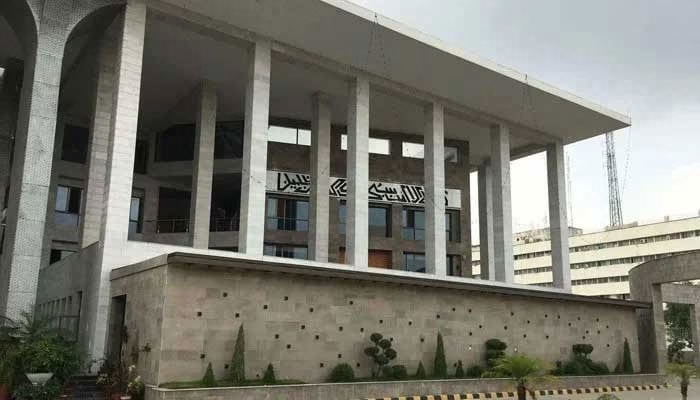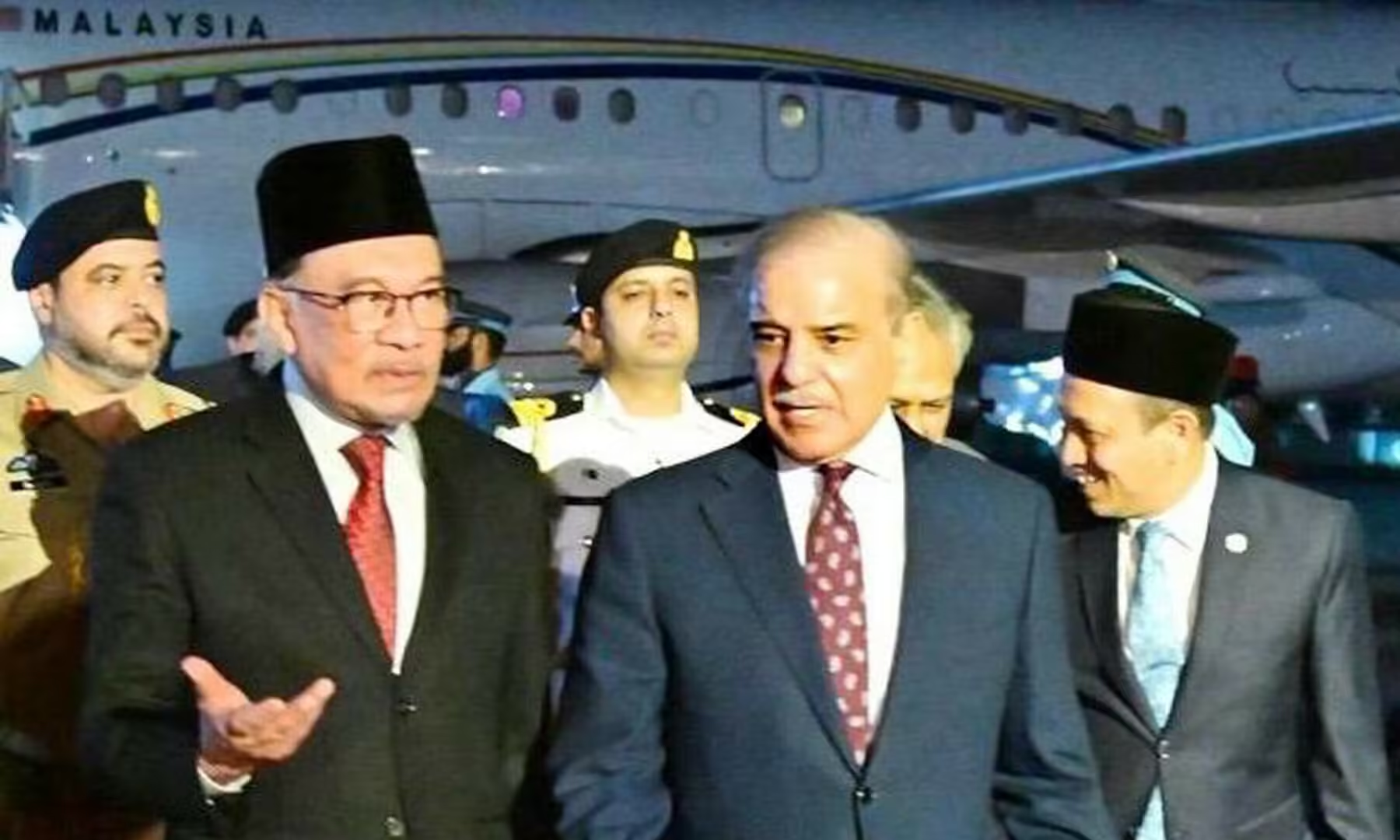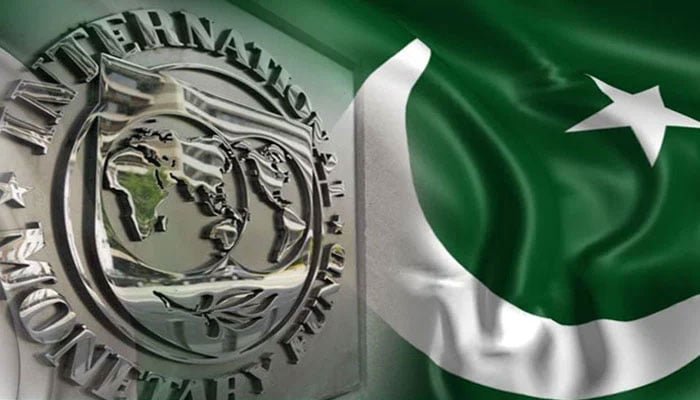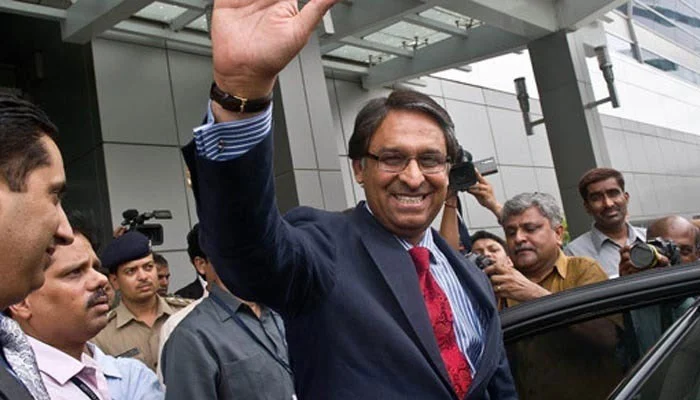In a major development that could reshape the future of Pakistan’s most controversial legal provisions, the Islamabad High Court (IHC) has directed the federal government to constitute a commission within 30 days to investigate how blasphemy-related cases are being handled across the country.
The directive was issued by Justice Sardar Ejaz Ishaq Khan on Tuesday, while hearing a set of petitions that called for judicial scrutiny of the implementation and misuse of Pakistan’s blasphemy laws. These laws have long been criticized both domestically and internationally for their potential misuse, leading to wrongful imprisonments, mob violence, and deeply entrenched societal divisions.
Accepting the petitions, the court mandated that the newly formed commission must complete its investigation within four months of formation. If more time is needed, the commission will be required to seek an extension from the court.
This order is being seen as a groundbreaking move toward transparency and legal reform in a deeply sensitive and often politically charged area of the law.
767 Blasphemy Accused Still Awaiting Trial
The urgency of the issue was highlighted by a report released by the National Commission for Human Rights (NCHR) in October last year, which revealed that 767 individuals—mostly young men—were currently in jail across the country, awaiting trial under blasphemy allegations.
These individuals, despite not being convicted, often face lifelong stigma, social ostracization, and threats to their safety, making reintegration into society almost impossible—even in the case of acquittal.
A Ray of Hope,Says Human Rights Lawyer
Reacting to the court’s decision, lawyer and activist Imaan Mazari, who represents families of many arrested under blasphemy laws, called it a historic and hopeful step.
“This is a huge ray of hope, and it’s the first time that the families have felt heard,” she said. Youngsters have been falsely roped into cases of such a sensitive nature that the stigma will last forever even if they are acquitted.
Mazari emphasized that the commission’s role must go beyond statistics and truly examine how blasphemy cases are being filed, investigated, and prosecuted, as well as the social impact they have on those falsely accused.
Legal Reform vs Legal Extremism
The blasphemy laws in Pakistan—particularly Sections 295 and 298 of the Pakistan Penal Code—carry severe penalties, including the death sentence. While intended to protect religious sentiments, critics argue they are often used vindictively to settle personal disputes, target minorities, or silence dissent.
One of the most active groups in prosecuting blasphemy cases is the Legal Commission on Blasphemy Pakistan (LCBP), a network of conservative legal professionals that has aggressively pursued dozens of high-profile cases—many of them against young men and even minors.
These cases, critics say, are often based on flimsy or fabricated evidence, yet result in lengthy imprisonments and life-threatening consequences, both during and after trial.
Commission’s Mandate: A Crucial Opportunity
According to the IHC’s order, the commission will be tasked with investigating:
- The process of lodging blasphemy cases
- How allegations are verified or misused
- The role of law enforcement and the judiciary in handling such cases
- The socioeconomic and psychological impact on the accused and their families
- Possible recommendations for legislative reform or policy safeguards
Human rights organizations, legal experts, and civil society activists have welcomed the IHC ruling as an unprecedented opportunity to initiate real reform.
This is the first time a constitutional body has acknowledged that the system needs a deeper look,said one human rights observer. Now it’s up to the government to form an independent, unbiased, and capable commission that can deliver justice—not just lip service.
The federal government is now under a strict 30-day deadline to form the commission, with expectations high that it will include legal experts, human rights advocates, and representatives of affected families. Once established, the commission will begin a four-month probe into the structure and application of the blasphemy laws.
Whether the commission’s findings will lead to actual legislative reform or remain confined to paper remains to be seen. But for now, the Islamabad High Court’s decision is being hailed as a bold and long-overdue first step toward addressing one of Pakistan’s most urgent human rights issues.



